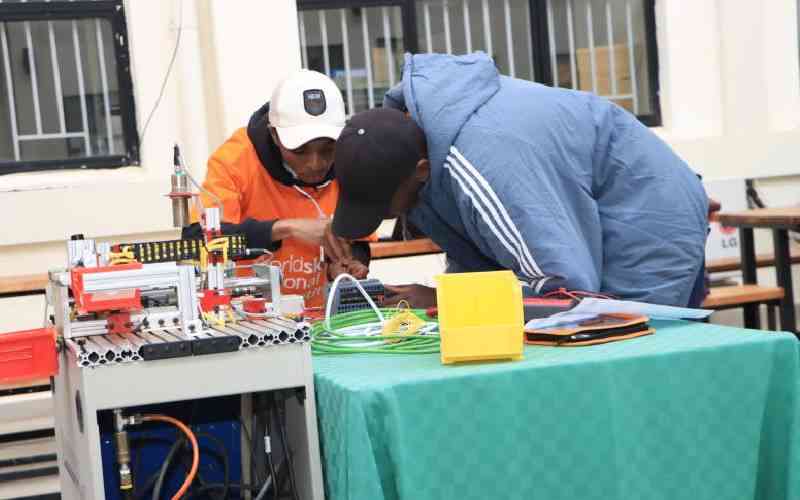
The first WorldSkills competition which took place in 1950 in Madrid between Spain and Portugal rose out of the ruins of the Second World War which devastated the economies of Europe and created a huge skills shortage that threatened a new economic depression. Some countries took this challenge as an opportunity to introduce young people to the world of vocational skills.
To date, WorldSkills movement has a membership of 87 countries across the globe comprising of two-thirds of world population and contributes 90 per cent of the world's GDP. The movement also provides opportunities for bench-marking skills, exchanging experiences and joining forces to develop skills, effective teaching practice and strong training systems to ensure skills development are aligned with workplace demands.